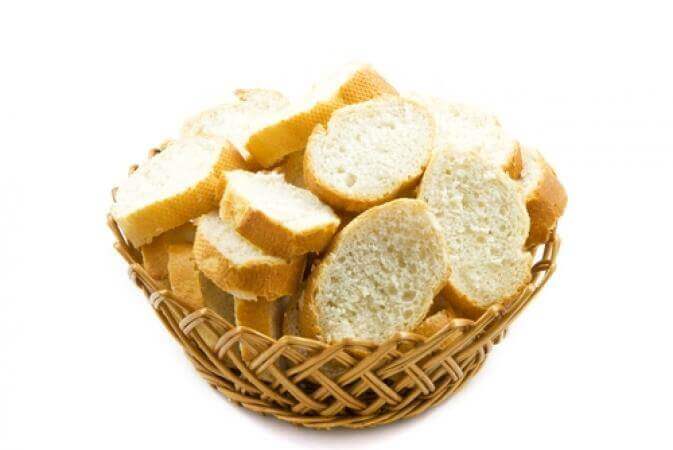Dangers of Unplanned Eating
Nutrition Diva recounts four ways that “calories of opportunity” sabotage your diet.
Monica Reinagel, MS, LD/N, CNS
Listen
Dangers of Unplanned Eating
Today I want to share with you a few thoughts about unplanned eating, a habit which, if left unchecked, can really wreak havoc on your healthy diet..

What is Unplanned Eating?
Well, it’s 2pm right now and I have no idea what I’m having for dinner tonight. But I am planning to eat dinner. And I know that I’ll be making something using some of the vegetables I picked up at the farmer’s market this weekend. That’s not unplanned eating.
On the other hand, before sitting down to write this episode, I went into the kitchen to make a cup of tea. While I was waiting for the water to boil, I noticed the apple pie left over from last night’s dinner on the counter and nibbled half a piece. I didn’t go into the kitchen in order to get something to eat. But when I saw the pie, I grabbed a fork and dug in. That was unplanned eating.
Here are some more examples of unplanned eating. Do any of these sound familiar?
-
You go to the mall to shop for shoes and walk by the food court. Before you know it, you’ve got a giant cinnamon bun in your hand.
-
You go into a co-workers office to talk with her and without even thinking about it, reach for a piece of Halloween candy from the ceramic pumpkin that’s sitting at the corner of her desk.
-
You’re cleaning up from dinner and find yourself eating the extra mashed potatoes instead of putting them away.
See also: Why the French Don’t Get Fat
Dangers of Unplanned Eating
This sort of eating is problematic for a number of reasons:
-
Unplanned eating is rarely motivated by hunger. After all, how hungry can you be when cleaning up from dinner? You just ate!
-
You’re not choosing a particular food because it’s nutritious – or even because you particularly enjoy that food — but because it happens to be in front of you. In my experience, the food that just happens to be in front of you is rarely as nutritious—or delicious—as meals or snacks that happen on purpose.
-
More often than not, you’re focused on other things when you fall for these “calories of opportunity” and not paying attention to what you’re eating. You barely taste it. What’s the point of eating foods that you don’t particularly want and aren’t even conscious of consuming?
See also: Why We Overeat
-
You’re unlikely to adjust what you eat later in the day based on any unplanned eating. When it’s time for a piece of pie after dinner tonight, for example, I’m probably not going to think to myself, “Hang on, I already had some pie today. I’d better skip it.” Because it usually doesn’t affect subsequent food choices, unplanned eating can add a lot of calories to our day.
Unplanned and Unremembered

Here’s another interesting thing about unplanned eating: When recalling what you’ve eaten over the course of the day, you’re much more likely to forget or overlook things you ate without planning to. It’s as if they never happened. People who do a lot of unplanned eating are often totally deluded about what and how much they actually eat. When I hear people complaining that they can’t lose weight no matter how little they eat, I always wonder how much unplanned (and unremembered) eating is at work.
Those unplanned calories may barely register in terms of your attention, taste buds, or memory. But they do register in (and on) your body. I may forget that half piece of apple pie I ate this afternoon, but my hips will remember every crumb.
See also: How to Lose Weight Without Dieting
The Benefits of Mindful Eating
Paying attention to–and cutting back on–unplanned eating is really an extension of the principles of mindful eating: paying attention to our level of hunger, our surroundings, our enjoyment of food (or lack thereof), and how we feel after we eat. Sometimes, when we start paying attention, we realize how often we’re eating not out of hunger or pleasure but out of boredom, loneliness, frustration, or simply habit. That realization can empower us to deal more constructively or appropriately with those emotions. When we try to eat more mindfully and consciously, we often discover that we choose foods that are better for us and get much more enjoyment out of what we eat.
Does unplanned eating wreak havoc with your diet? Have you had positive experiences with mindful eating? I’d like to hear from you. Post your thoughts below or on my Nutrition Diva Facebook Page. I answer a lot of listener questions in my free weekly newsletter, so if you’ve sent a question my way, be sure you’re signed up to receive that.

